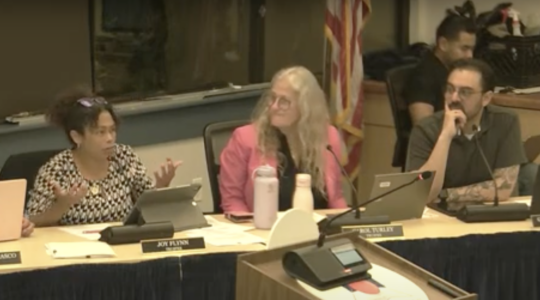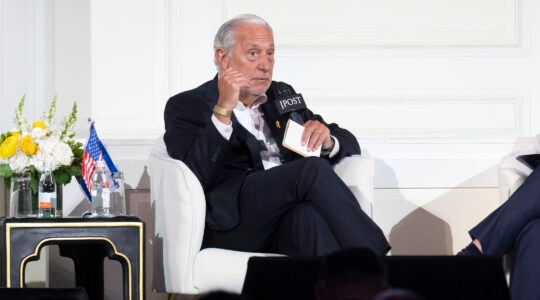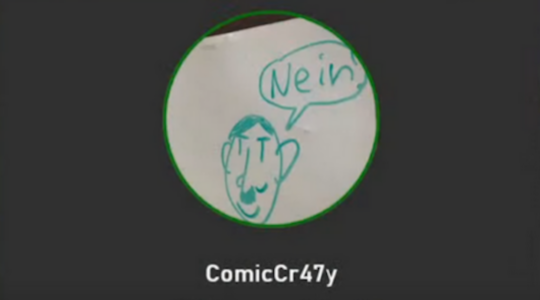Shas last week became the first fervently Orthodox, or haredi, group to join the World Zionist Organization. And thus far the Israeli media has focused on the positive, homing in on the idea that Shas — an Israeli political party and religious movement with strong support among Moroccans and other Mizrahi Jews in Israel — had to amend its own by-laws to incorporate the Jerusalem Covenant in order to join the international Zionist body founded by Theodor Herzl, according to Haaretz.
The covenant reaffirms the foundations of Zionism and the centrality of the State of Israel in the life of the Jewish people.
The move, however, could spell trouble for the Jewish Agency.
First, a refresher: The board of governors of the Jewish Agency is comprised of members of three constituents — the Jewish Federations of North America and Keren Hayesod (the respective American and European fund-raising bodies that supply the agency with most of the money for its core budget), as well as the WZO, which founded the agency in prestate days, when it served as the de facto Jewish government in Palestine.
The federations have 30 percent of the votes on the agency’s board, Keren Hayesod has 20 percent and the WZO has 50 percent.
The WZO’s influence on the Jewish Agency has long been a sore spot for American donors, specifically because the WZO has been highly politicized.
It has been seen as an organization that serves as a landing spot for Israelis who are not elected to public office but are owed political favors — a culture that was passed onto the Jewish Agency.
In recent years, however, Jewish Agency leaders have been working hard to separate their organization from the WZO’s politics. The agency seemed to take a huge step last year when its leaders passed new governance laws that eliminated the by-law stating that the agency’s head professional and the leader of the WZO had to be the same person.
In addition, the agency over the course of a few years was to cease its role as the WZO’s primary funder.
These changes, of course, came with a price tag. The agency agreed to pay the WZO some $60 million in real estate and other assets.
Here’s the issue: Now the WZO is essentially autonomous from the Jewish Agency, can choose its own leader and can bring whomever it wants to its own table — but the WZO still holds 50 percent of the vote, wielding important influence on policy and budget decisions made by the Jewish Agency.
The WZO is made up of dozens of religious and political bodies, ranging from Hadassah to the American Zionist Movement to the Orthodox Union to the Reform movement.
While Shas seemingly has become more open to modern Zionist ideals, it certainly has not become more open to the pluralistic approach favored by many Diaspora Jews on issues like "Who is a Jew?" and conversion.
Introducing Shas into the WZO means that it will likely end up butting heads directly with those more to the left on the religious spectrum — an eventuality it readily acknowledges.
"But the other school of thought holds that when Shas enters the WZO, it dilutes the influence of other movements, including Reform and Conservative," Shas executive director Yaacov Margi told The Jerusalem Post. "That was the approach that was adopted."
And when the WZO has to make a decision for the Jewish Agency as a 50-percent stakeholder, there could be a real mess.
For now, the agency’s lay leaders in the United States are scratching their heads about what this might actually mean for the Jewish Agency.
"I can’t answer because I don’t know the answer," the agency’s chairman, Richard Pearlstone, told me Thursday. "I don’t want to speculate because that could only lead to trouble."
Others are more certain Shas’ entrance into the WZO will create headaches.
"I am sure there are certain areas where our mission is compatible with theirs and other areas where it isn’t," Carole Solomon, the former chairman of the Jewish Agency’s board of governors, told me.
"I am not even saying I believe Shas is terrible entity; I don’t. But it makes things much more complex," she said.
"Their social service programs, their identity and their traditional approach to identity in and of itself is not a negative thing at all. But I think it will be harder to come to decisions," given Shas’ history of feuding with the Reform movement and others.
As it is, the Jewish Agency’s board could spend hours upon hours trying to hammer out language regarding Jewish identity, Solomon said.
(And while we’re on the topic: Will Shas forces try to stop Jewish Agency funding of projects backed by Reform and Conservative Jews, or vice versa?)
In the end, Solomon said, bringing Shas into the fold could end up dealing a real blow to attempts to de-politicize the Jewish Agency.
That said, Solomon added, having granted WZO leaders "their independence, we can’t micromanage them. They have the ability and the independence now to affiliate themselves with anyone they wish."
JTA has documented Jewish history in real-time for over a century. Keep our journalism strong by joining us in supporting independent, award-winning reporting.





